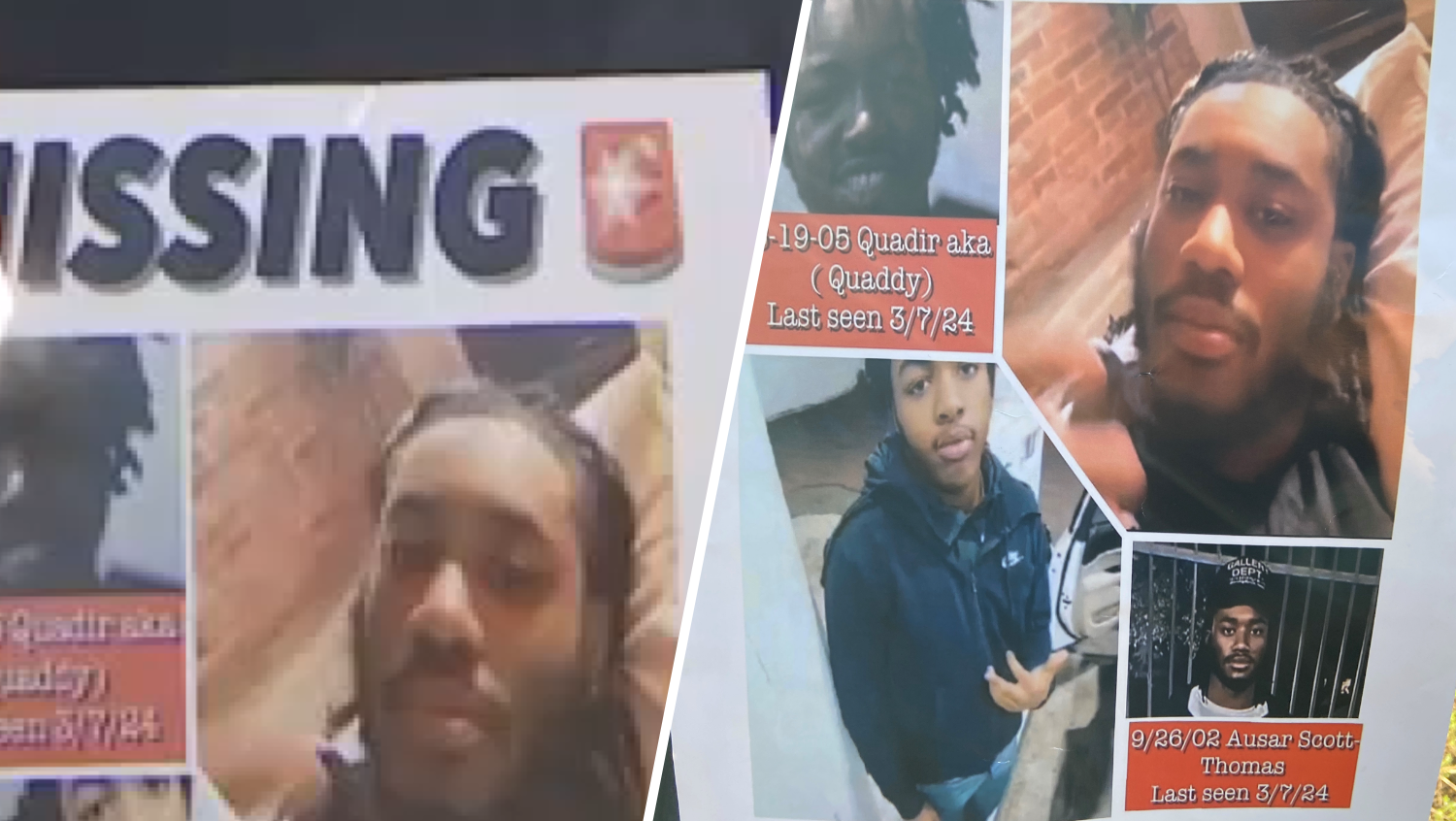Mayor Jim Kenney and Police Commissioner Danielle Outlaw vowed Tuesday to implement numerous new regulations and standards, and push for legislation that reforms the city police department.
The 29 reforms range from officer arrest prohibitions like kneeling on a person's neck or head to establishing a permanent civilian oversight board to releasing quarterly data on internal department investigations.
The reforms also include more community input on contract negotiations with the Fraternal Order of Police union.
"This past weekend, thousands of individuals gathered to once again make their voices heard through protest. We want members of our Black community to know: we hear you and we feel the pain you are sharing with us," Kenney said in a statement. “This has been a humbling experience for me and members of my administration. Many of us have realized that, as progressive and inclusive as we think we are, we still have a lot to learn. I am grateful to our colleagues throughout City government, especially the Black men and women, who called us out when we made mistakes, pushed us to do better, and urged us to act now."
NBC10 first reported Tuesday morning that top city officials were expediting plans to reform the police department.
Fourteen of the 17 City Council members wrote a letter to Kenney on Monday recommending 15 new policies to reform the police department on the heels of mass protests in Philadelphia and across the country over the last week. The protests came in response to the killing of George Floyd, an unarmed black man who died following an arrest in Minneapolis.
"Philadelphia can’t breathe. In the poorest big city in America, during a global health pandemic and a massive economic crisis, the people of our city are telling us that police reform cannot wait. We must hear them and act decisively," the letter from Council members began.
Many of Kenney's policy and regulation changes are similar to those recommended by Council, and go further in some areas like enacting state legislation to change the way police contracts are negotiated and grieved.
Commissioner Outlaw will also be tasked with increasing diversity of the department and developing technology "to track indicators for serious misconduct and to enable non-disciplinary remedial action."
Other areas of focus for reform include bulking up on civilian involvement in complaints against police and requiring new recruits to live in Philadelphia.
Kenney in 2017 made changes to the city Police Advisory Commission, which consists of a citizen board supported by a small full-time staff, to make its directive more review-based and less involved in citizen complaints. The PAC would have its budget of $640,000 decreased by $115,000, to $525,000 in Kenney's proposed 2020-2021 budget.
In New York City, the civilian board that hears complaints against the police department has a $19 million annual budget.
Local
Breaking news and the stories that matter to your neighborhood.
In Chicago, the police accountability office has a nearly $14 million annual budget.
"We need to institutionalize civilian oversight so it can’t be cut when there is a downturn," PAC executive director Hans Menos said in an interview with NBC10 on Monday. "Too bad we’re not like Chicago and New York. They absolutely tie their oversight budget to their police department budget."
The budget for the Philadelphia police department during the current fiscal year is $776 million.
Citizens who want to file a complaint against police can file a complaint with the department through it's Police Board of Inquiry. The PBI holds hearings, though Menos says those hearings are not publicly announced until the day they are scheduled and are held in a room that fits only four people.
"These internal disciplinary hearings are held at the Police Department offices, similar to how other City Departments hold disciplinary hearings in their offices," Dunn, the city spokesman, said in an email. "The meeting is not open to the public, and the size of the room is sufficient for the number of people who are usually present at the hearing. If a larger room is needed, one is found."



